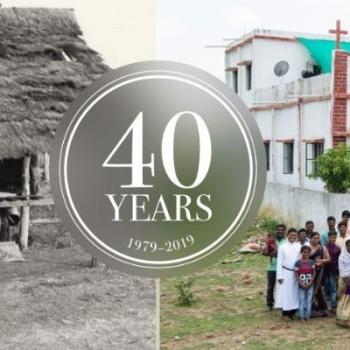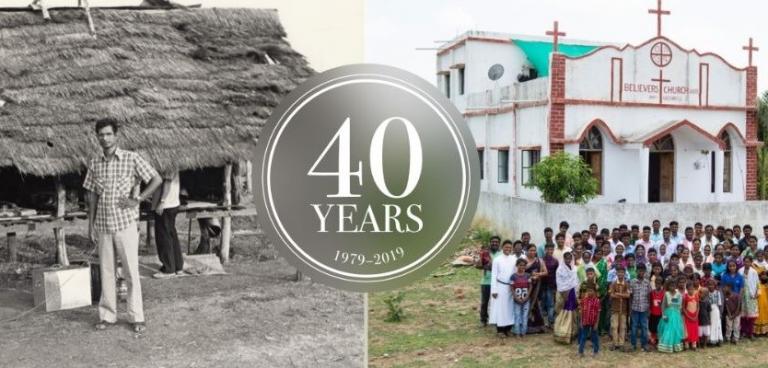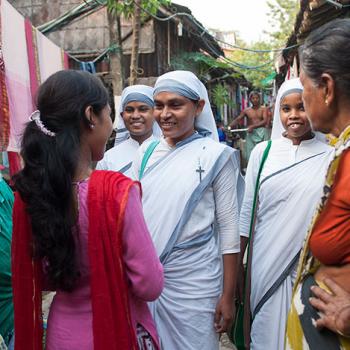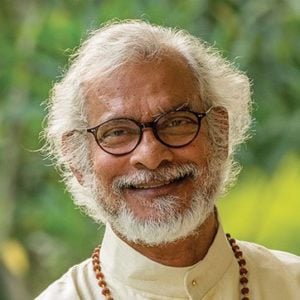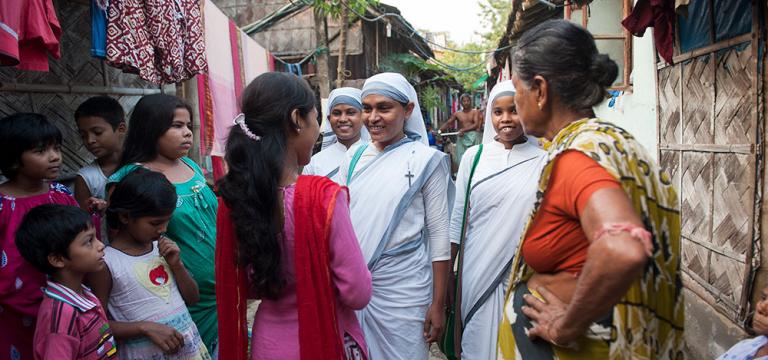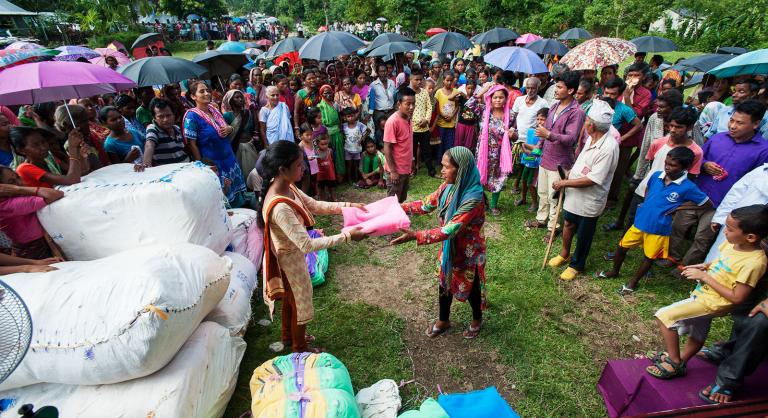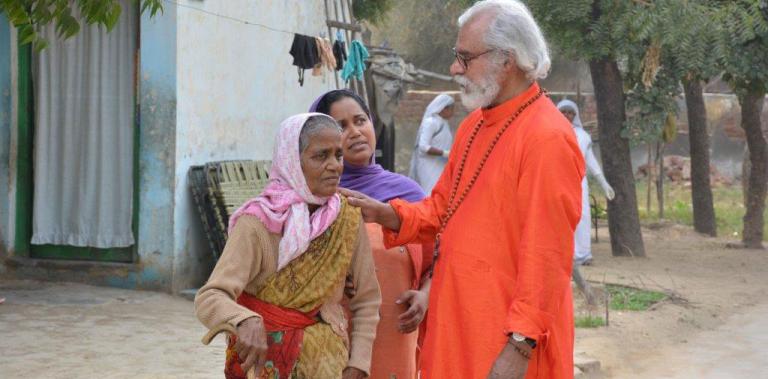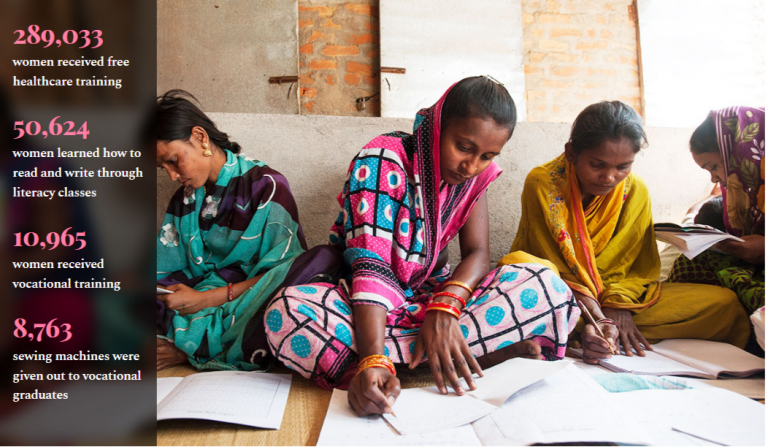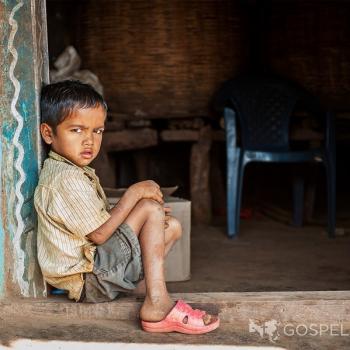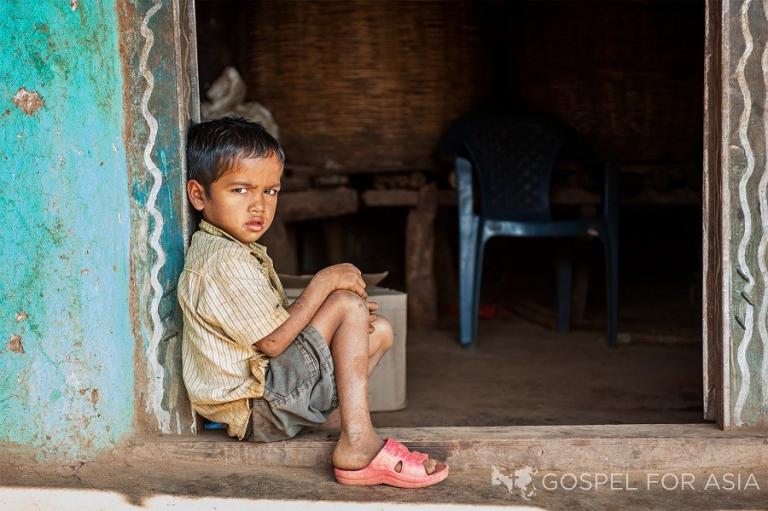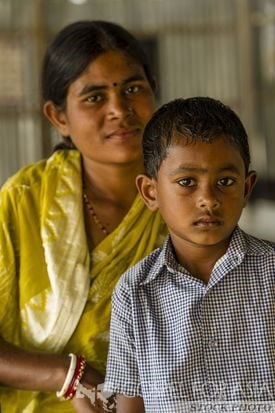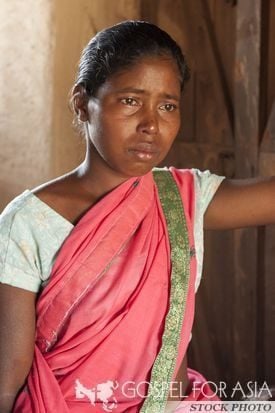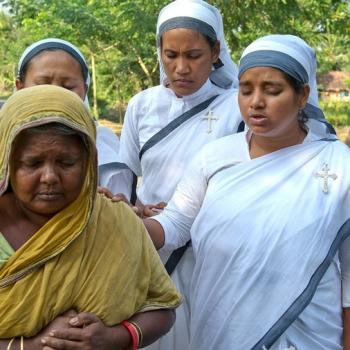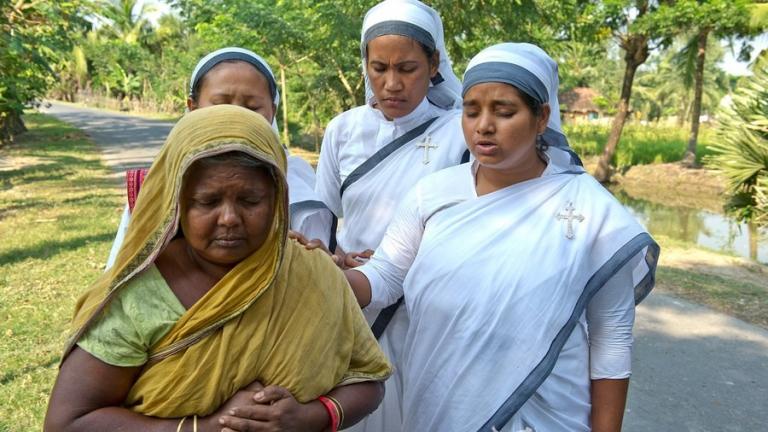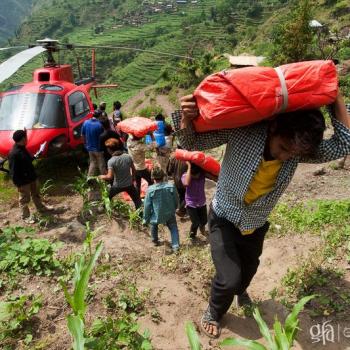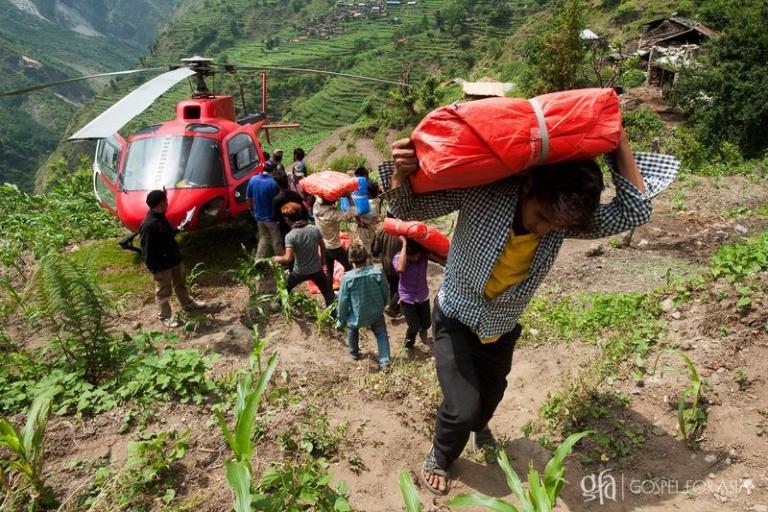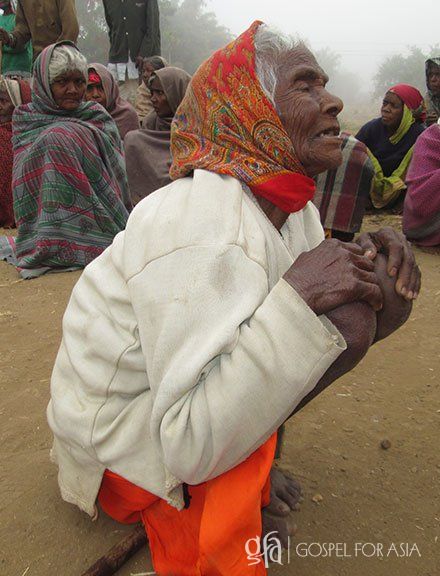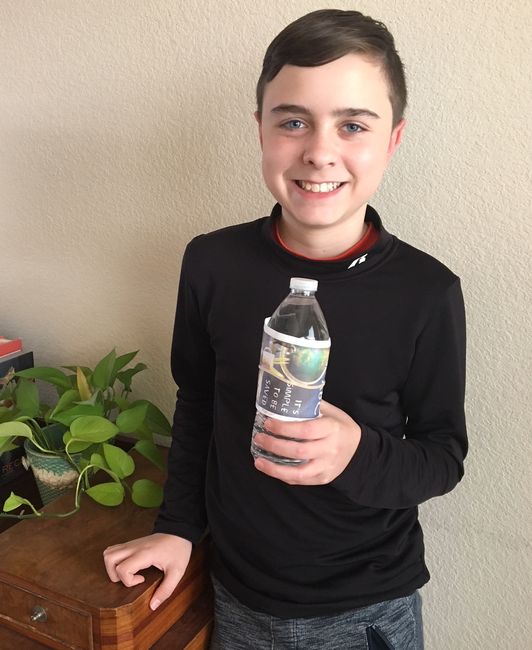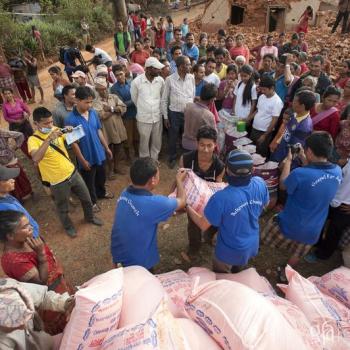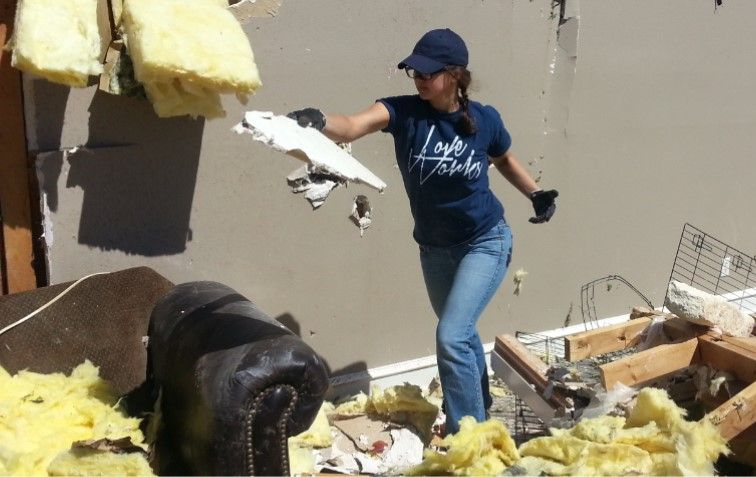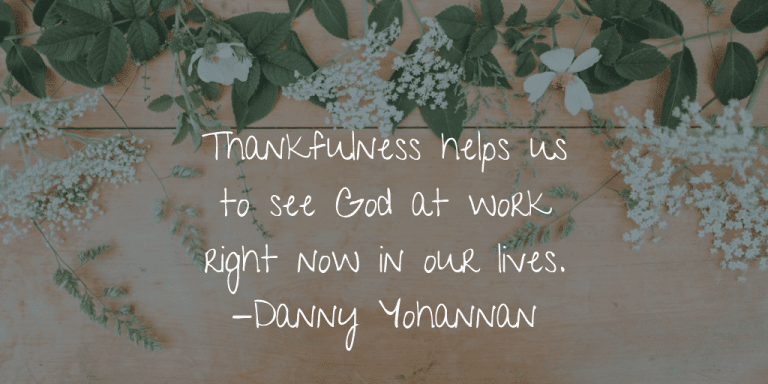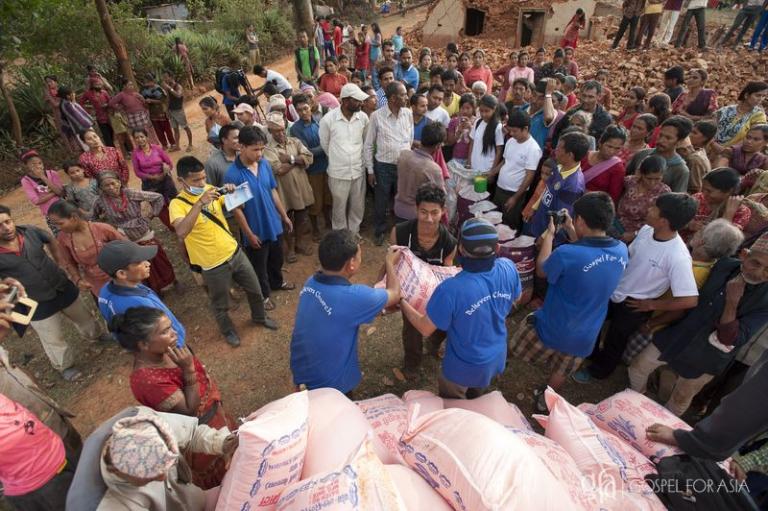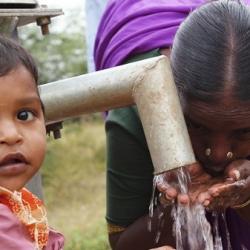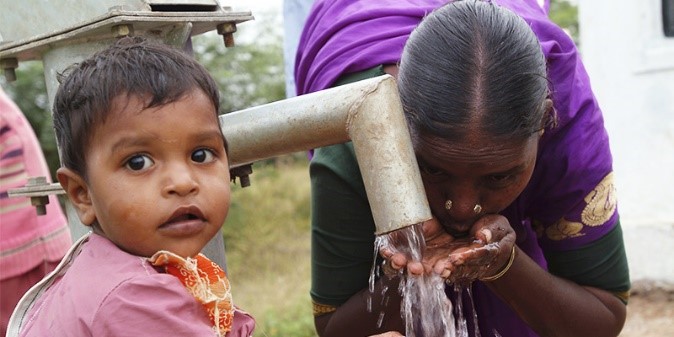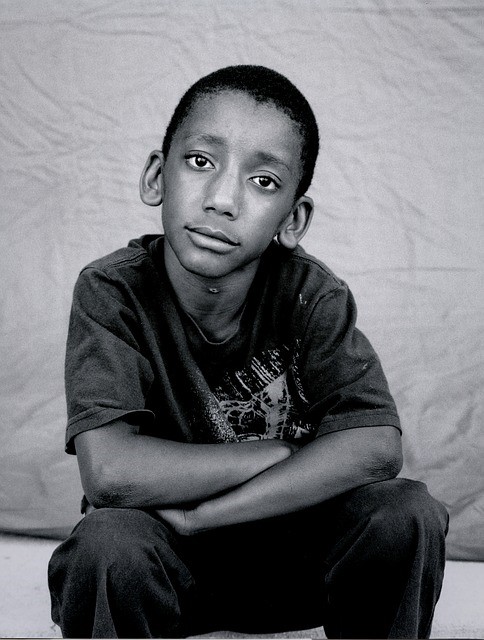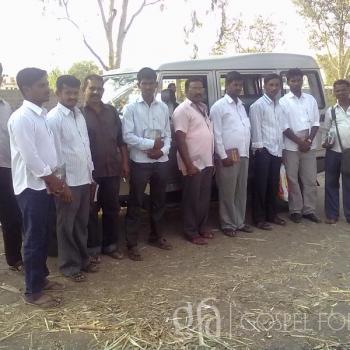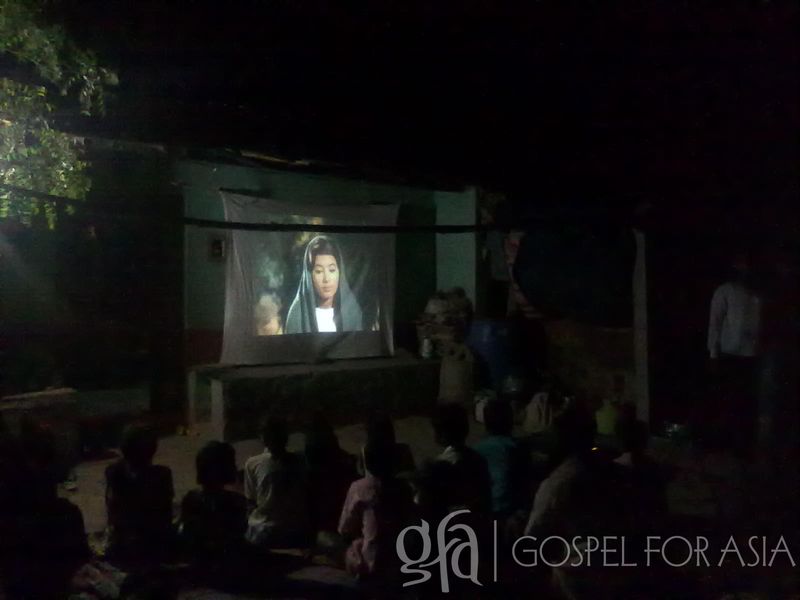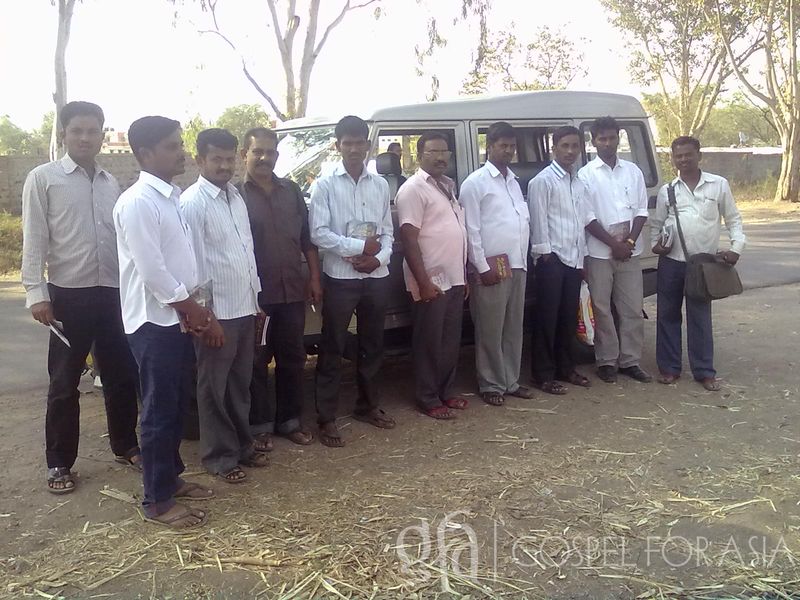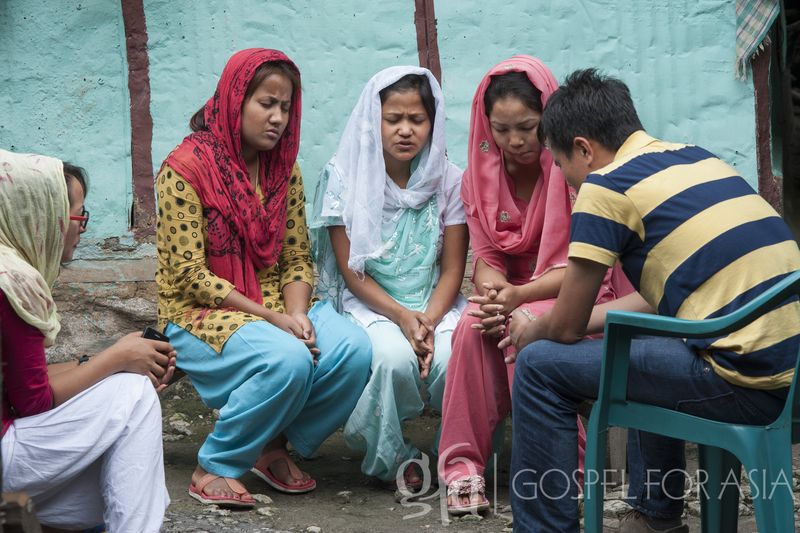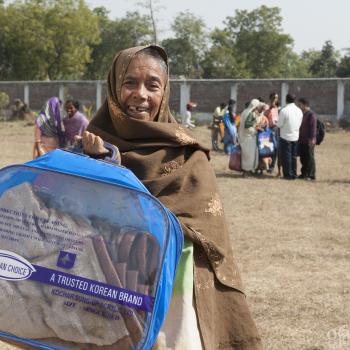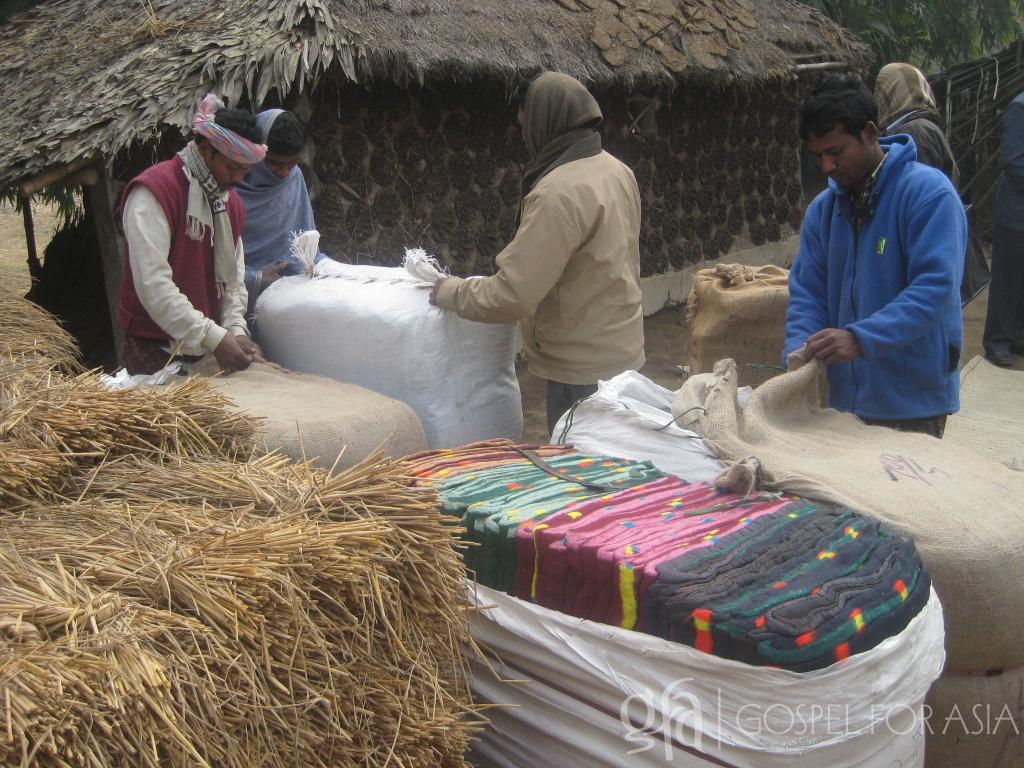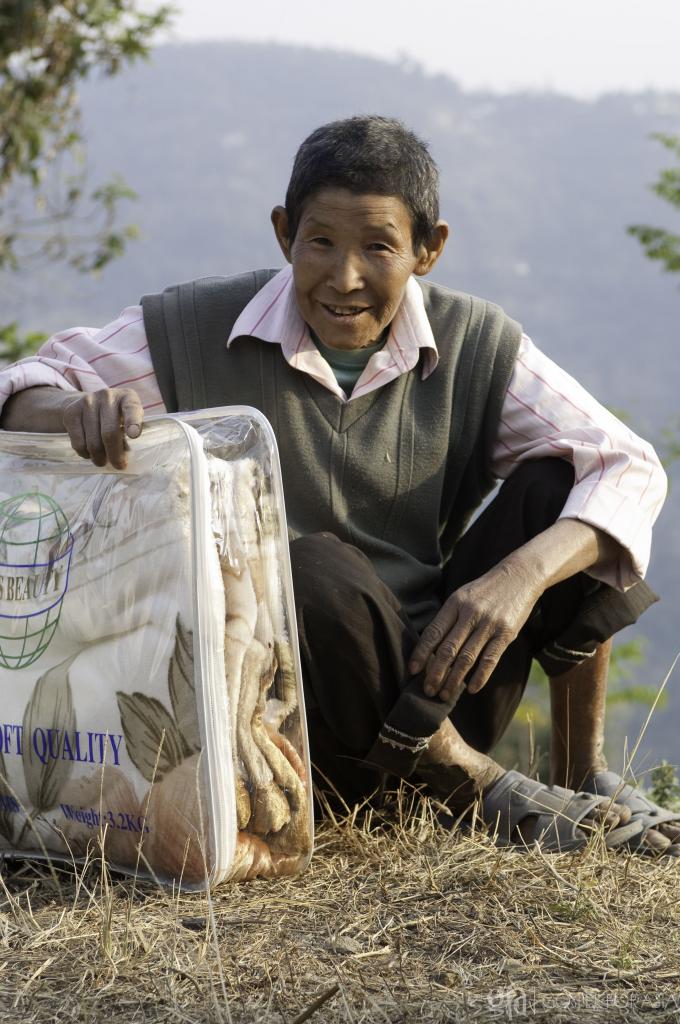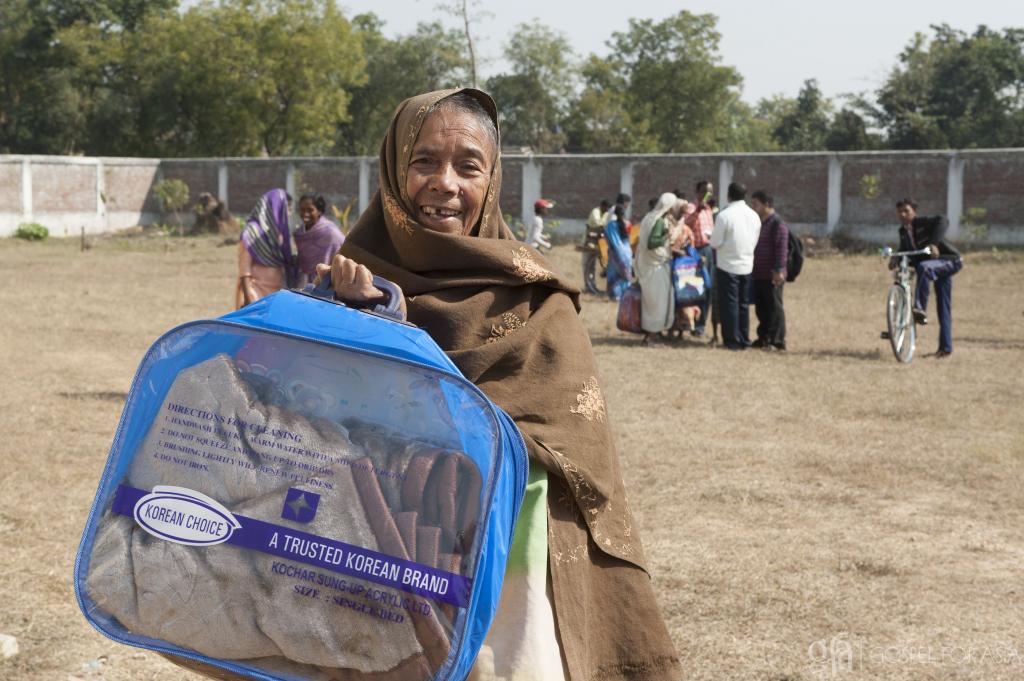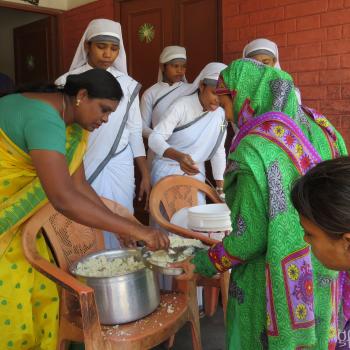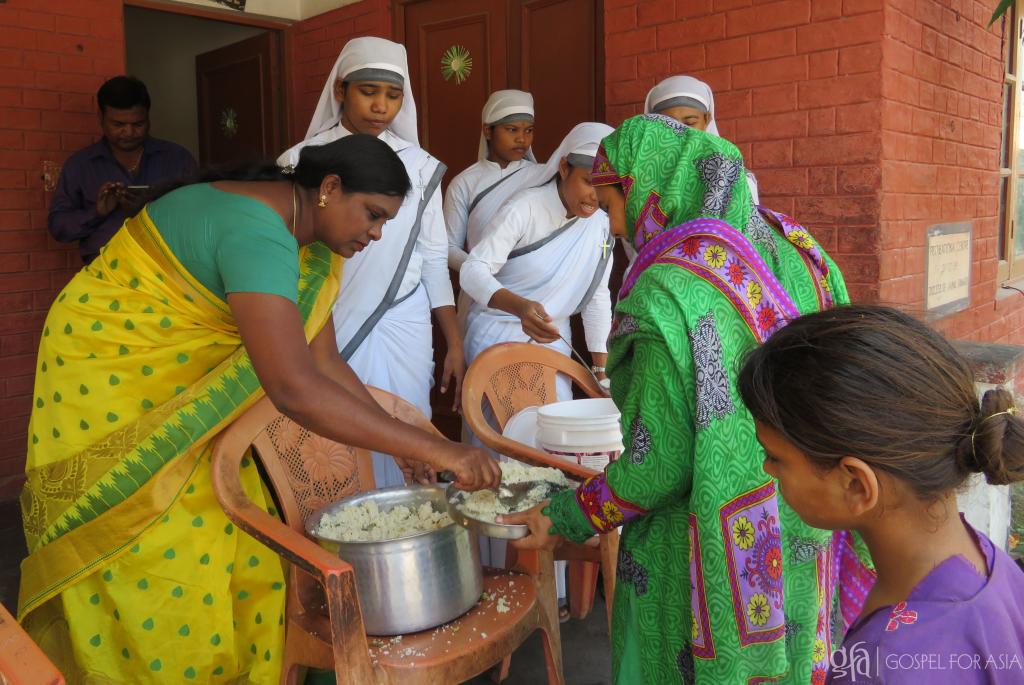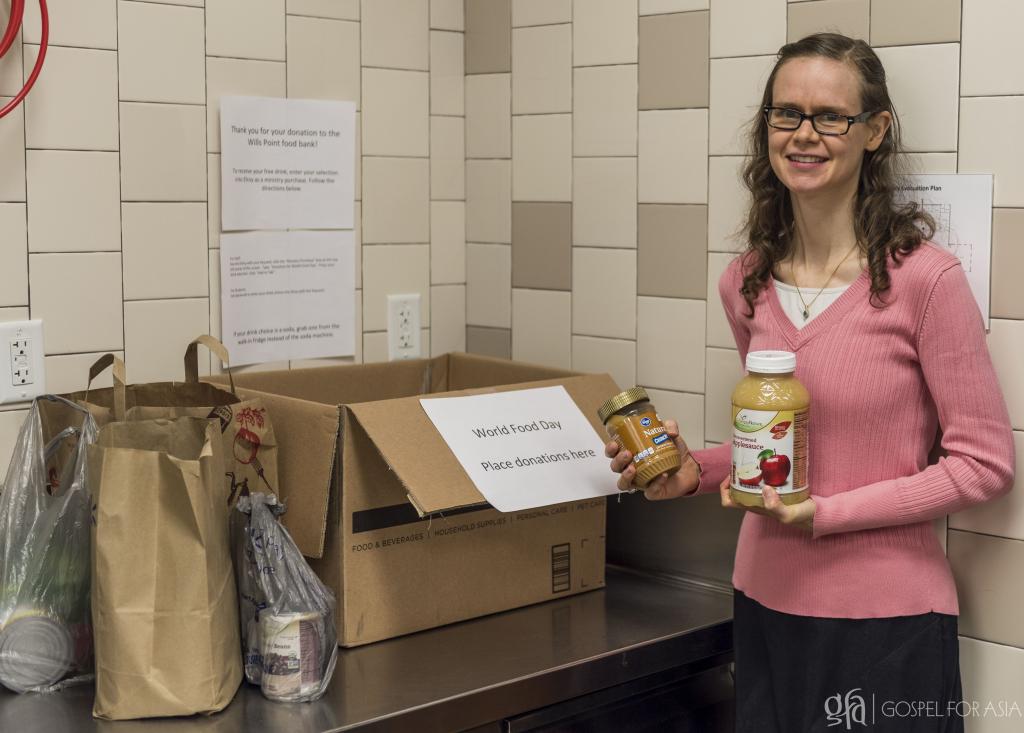Reflections on the 40-year Ministry of Gospel for Asia
No doubt that statement by the great American evangelist D.L. Moody is still true, although the Lord used him mightily.
We have surely seen “what God can do with and for and through and in” by the likes of Billy Graham, Luis Palau, Tim LaHaye, Jerry Falwell, Chuck Smith, Greg Laurie and many others. But we still don’t know if we have seen the fulfillment of the desire of Moody’s heart that each of these men shared.
The amazing thing about the people God uses most effectively is that they seek no glory for themselves, they spend hours in prayer, and they yield all that they are and all they possess to serve the Lord in whatever way He directs their paths.
Rarely, when these men were young, did they anticipate a day 40 or more years into the future when they would look back in amazement at what the Lord had empowered and enabled them to do.
They did not set out to make a name for themselves or to establish an empire. They simply made themselves available as vessels separated and set aside for the Lord’s use. They, and others like them, can look back and stand in awe of how an Almighty God has blessed their ministries abundantly and beyond imagination.
I know a man exactly like that. His name is Dr. K.P. Yohannan. He is one of the humblest and most dedicated men I have ever known. Forty years ago, he responded to God’s call to minister to the millions of people in Asia. Little did he know that in 2019 he would be able to look back at the remarkable things the Lord did over the past 40 years.
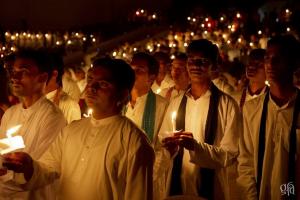
Make no mistake, this is not a story about Dr. K.P. Yohannan. This is a story of what the Lord has done with and for and through and in him. The greatest ability we can give to the Lord is “availability.” All that young man had to offer the Lord in 1979 was a willing and obedient heart.
The Lord used that available vessel to begin Gospel for Asia (GFA) and to lead the ministry with a singular focus: to take the love of Christ to people who have never heard His name before.
In a newly released video, Dr. Yohannan invites us to join Gospel for Asia (GFA) in celebrating “the 40 years of this incredible journey with our Lord.” In the video, he reminisces with effervescence because of the numerous healthy congregations the Lord has established through GFA-supported workers serving in more than 16 countries.
He shares an overview of the numbers of children that have been able rescued from lives of abandonment on the streets and in the slums, many of whom have had to beg on the streets or dig through garbage dumps simply to live another day of desperation.
Dr. K.P.’s vision is for the Lord to open the doors to be able to minister to half-a-million children who are trapped in the same circumstances in the developing countries of Asia.
He speaks in the video about the multitudes of women who have been rescued from poverty, prostitution and physical abuse. GFA-supported workers share the love of Christ with them and help them to find a way out of their plight, offering them literacy education and vocational training.
Who would have dreamed 40 years ago that the Lord would use the generosity of Gospel for Asia (GFA) supporters to establish a radio broadcasting system that millions of people listen to in 110 different languages and dialects across the entire subcontinent?
As Dr. K.P. says in the video, “God can do anything,” but He almost always uses us to accomplish His purposes. Alone, we are nothing. Even together, we cannot do the Lord’s work without His leading and empowerment.
I want to share this video with you so that you, personally, can hear Dr. K.P. share his thanks for your prayers and support of Gospel for Asia (GFA) over the years. It is your trust in the Lord and in the mission of Gospel for Asia (GFA) that has made the amazing ministry possible.
Check out the video and join us in celebrating 40 years of God’s amazing and abundant blessings.
To learn more about what the Lord has done throughout these 40 years, follow this link to our webpage “Gospel for Asia Celebrates Its 40th Year of God’s Faithfulness!”
Gospel for Asia has been serving the “least of these” in Asia since its beginning in 1979, often in places where no one else is serving. GFA supports national workers who are serving as the hands and feet of Christ by ministering to people’s needs so they can understand the love of God for them for the first time. GFA is engaged in dozens of projects, such as caring for poor children, slum dwellers and widows and orphans; providing clean water by funding wells; supporting medical missions; and meeting the needs of those in leprosy colonies. Through GFA’s Bridge of Hope Program, tens of thousands of children are being rescued from the generational curses of poverty and hopelessness.
Click here, to read more blogs on Patheos from Gospel for Asia.
Go here to know more about Gospel for Asia: Facebook | Sourcewatch | Integrity | Flickr | GFA | Lawsuit
Sources:
- Christianity Today, The World Has Yet to See . . .
- Gospel for Asia, KP Yohannan Shares a Special 40th Anniversary Message
- Gospel for Asia, Gospel for Asia Celebrates Its 40th Year of God’s Faithfulness!”
Image Source:
- Gospel for Asia, Photo of the Day
Video Source:
- YouTube, Gospel for Asia – Celebrating God’s Faithfulness for 40 Years


